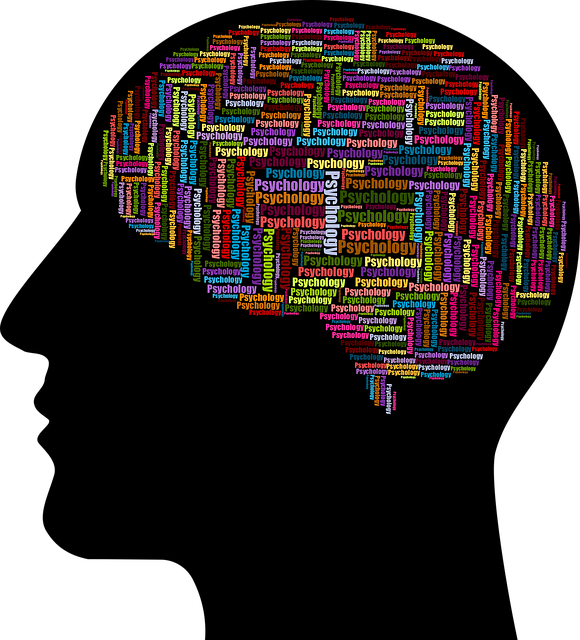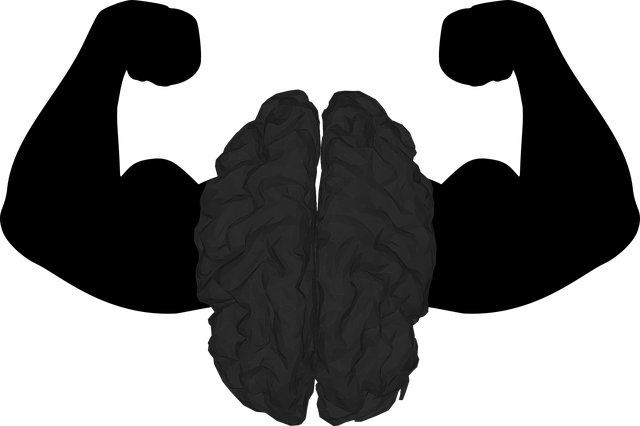Emotional intelligence (EI) is a powerful tool for navigating life's challenges, impacting academic performance, professional success, relationships, and mental well-being. Aurora Phobias Therapy focuses on building EI by teaching coping mechanisms, self-awareness, and emotional regulation to overcome phobias and improve overall well-being. Through gradual exposure techniques, this therapy empowers individuals to manage fears while enhancing communication, conflict resolution, and trauma support in personal relationships. For mental health professionals, integrating EI into practice creates supportive environments that foster empathy, accurate emotional interpretation, and effective boundary maintenance, preventing burnout in a fast-paced world.
Emotional intelligence (EI) is a powerful tool for enhancing mental well-being and building resilient relationships. In this article, we explore the profound impact of EI on daily life and provide practical strategies for development. We begin by understanding EI and its connection to mental health, then delve into overcoming emotional barriers with innovative techniques like Aurora Phobias Therapy. Additionally, we offer actionable steps to enhance self-awareness and regulation skills, culminating in integrating EI into everyday interactions.
- Understanding Emotional Intelligence and Its Impact on Mental Well-being
- Identifying and Overcoming Common Emotional Barriers with Aurora Phobias Therapy
- Practical Strategies for Enhancing Self-awareness and Regulation Skills
- Integrating Emotional Intelligence into Daily Life: Building Resilient Relationships
Understanding Emotional Intelligence and Its Impact on Mental Well-being

Emotional intelligence (EI) refers to an individual’s ability to recognize, understand, and manage their own emotions, as well as empathize with and influence the emotions of others. This multifaceted skill set goes beyond mere sentimentality; it impacts every facet of our lives, from academic performance and professional success to personal relationships and mental well-being. Studies have shown that high EI individuals tend to exhibit greater resilience in the face of adversity, fostering a positive mindset that helps them navigate life’s challenges more effectively.
In the context of Aurora Phobias Therapy and broader mental illness stigma reduction efforts, promoting emotional intelligence can be a powerful tool. By enhancing our understanding and management of emotions, we can mitigate risks associated with untreated mental health conditions. Moreover, resilience building through EI fosters better coping mechanisms, thereby reducing the likelihood of severe mental health episodes. For mental health professionals, integrating EI into their practice involves not only effective risk assessment for themselves but also for their clients, creating a supportive environment where individuals feel empowered to confront and overcome their emotional challenges.
Identifying and Overcoming Common Emotional Barriers with Aurora Phobias Therapy

Identifying and overcoming emotional barriers is a crucial aspect of enhancing one’s emotional intelligence (EI). Aurora Phobias Therapy offers a unique approach to address specific fears and anxieties that may hinder an individual’s ability to connect with their emotions and others’. This therapeutic method recognizes that many people struggle with understanding and managing their feelings, often due to past experiences or cultural influences. By targeting these barriers, the therapy helps individuals develop coping mechanisms that foster better emotional awareness and regulation.
In today’s fast-paced world, where Mental Health Policy Analysis and Advocacy is gaining prominence, recognizing and treating emotional issues is more critical than ever. Aurora Phobias Therapy focuses on empathy building strategies, teaching clients to recognize their emotions and those of others, a key component of EI. Additionally, it aids in mood management by providing tools to navigate and stabilize emotional states, thereby improving overall well-being and interpersonal relationships.
Practical Strategies for Enhancing Self-awareness and Regulation Skills

Building emotional intelligence is a journey that involves cultivating self-awareness and regulation skills. One effective strategy is Aurora Phobias Therapy, which focuses on helping individuals confront and manage specific fears or phobias. By gradually exposing oneself to the trigger, this therapeutic approach enables better understanding of emotional responses, fostering self-awareness. It teaches individuals to recognize and interpret their feelings accurately, a cornerstone of emotional intelligence.
Additionally, Burnout Prevention Strategies for Healthcare Providers can significantly contribute to enhancing emotional regulation. These strategies emphasize the importance of setting boundaries, prioritizing self-care, and cultivating mindfulness practices. Incorporating these into daily routines helps professionals maintain balance, manage stress, and ultimately, improve their ability to connect with and support others emotionally—a key aspect of both Cultural Sensitivity in Mental Healthcare Practice and Emotional Well-being Promotion Techniques.
Integrating Emotional Intelligence into Daily Life: Building Resilient Relationships

Integrating emotional intelligence into our daily lives is a powerful tool for building resilient relationships. By recognizing and managing our own emotions, as well as understanding those of others, we can foster deeper connections and navigate challenges more effectively. Aurora Phobias Therapy offers valuable insights into this process, helping individuals develop self-awareness and empathy, crucial components of emotional intelligence.
This enhanced awareness allows us to communicate more openly and honestly, address conflicts constructively, and provide trauma support services when needed. Effective emotional intelligence also plays a significant role in risk management planning for mental health professionals, mitigating burnout prevention by enabling them to maintain strong boundaries and avoid the negative impacts of overwhelming workloads.
Emotional intelligence, a powerful tool for enhancing mental well-being, can be cultivated through various means. By understanding its impact and identifying emotional barriers like aurora phobias using innovative therapies, individuals can improve self-awareness and regulation skills. Integrating these strategies into daily life fosters resilient relationships and promotes overall emotional health. Remember, with practical approaches like Aurora Phobias Therapy, building emotional intelligence is accessible to everyone, enabling folks to navigate life’s challenges with greater ease.













